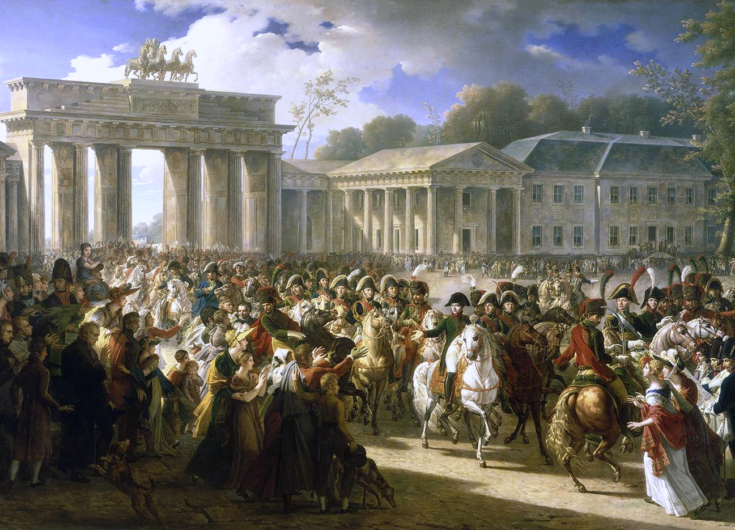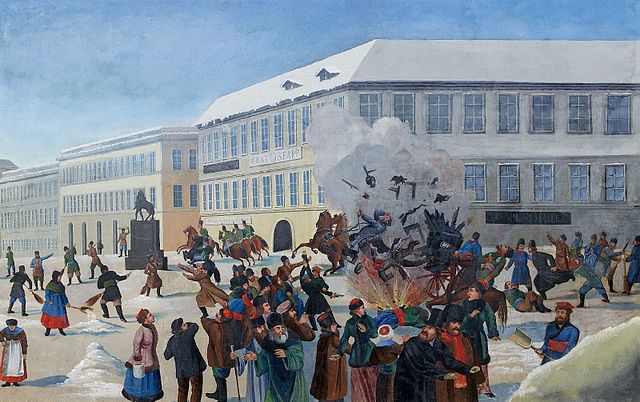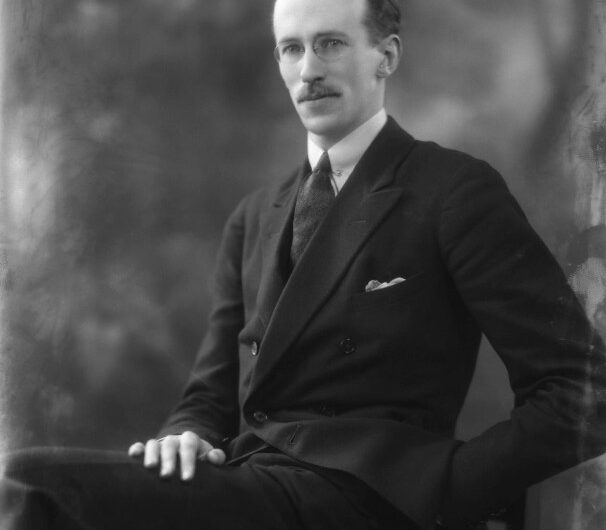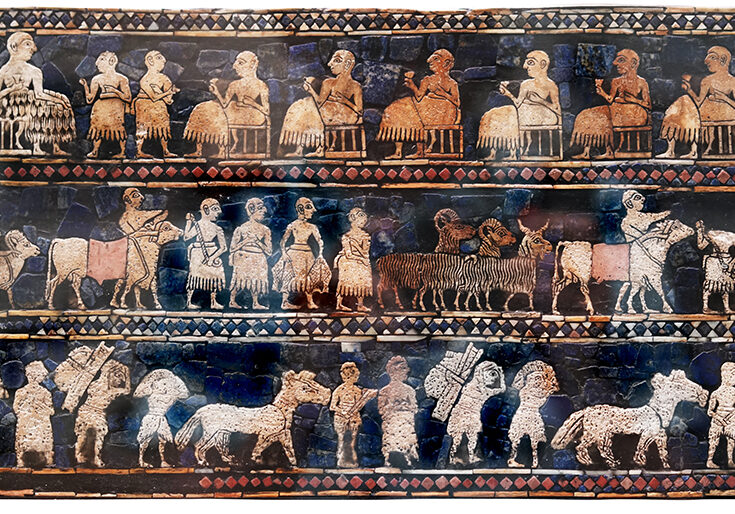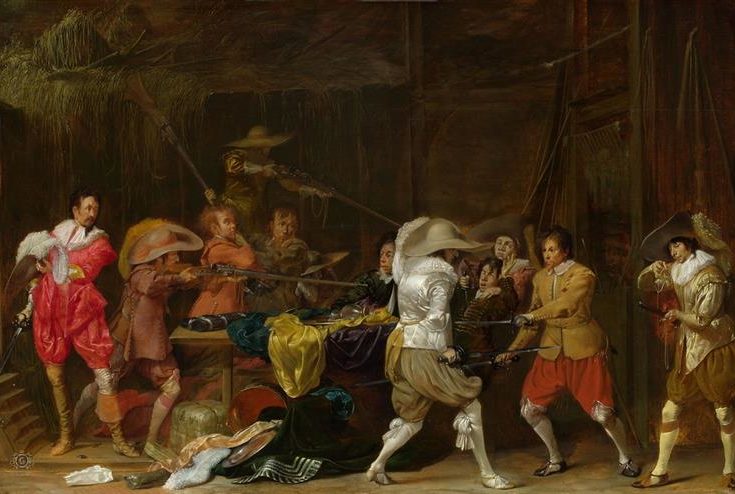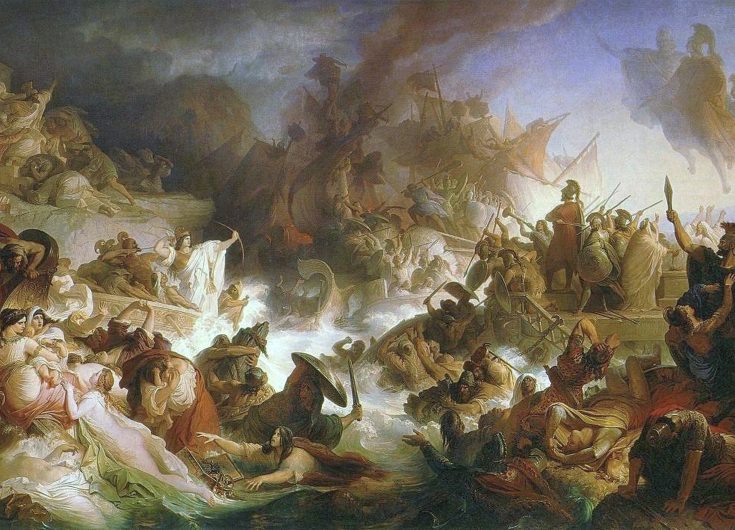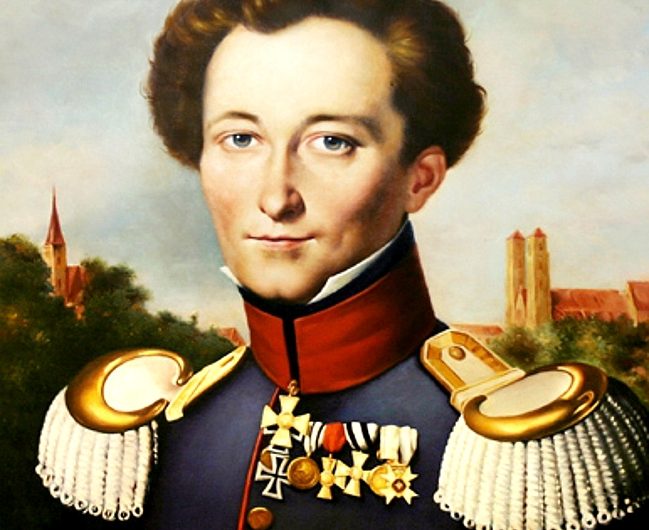

Carl von Clausewitz’s Reading Library
 In Clausewitz’s library, recorded in his wife Marie’s will, military publications naturally constitute a significant number among the volumes, including Vauban’s
In Clausewitz’s library, recorded in his wife Marie’s will, military publications naturally constitute a significant number among the volumes, including Vauban’s
Clausewitz, On Art and the Theory of Art
Art in its widest sense is any human activity for which the ability is not directly given to him by Nature, nor is it developed through her hand. Man has received from Nature the developed abilities of the senses (at least it seems so); he has learned (through instinct) to walk, eat, drink, etc., by her hand. Both kinds of abilities cannot count as art.
Clausewitz’s “Artikel” on Art: An Introduction
“On Art and the Theory of Art” is a rigorous investigation exploring the differences between art and science; the possibility of art theory; the necessity of practice and talent; the possibility of any laws or rules of art; and the difficulty of exceptions to these rules or laws, among other topics. It is a deep meditation on the relationship between purposes (Zweck) and means (Mittel), which is also the title of On War Book One, chapter two. Art requires judgment, one of the most important mental capabilities of the commander, while science—in the broad 19th century philosophical sense—requires cognition.
War By Other Means: An Examination of Clausewitz and Modern Terrorism
Clausewitz can help us to think about the historical evolution and present character of terrorism. A handful of scholars, notably M.L.R. Smith and Peter Neumann, have applied Clausewitzian ideas to terrorist campaigns. They show how his foundational idea of the “trinity”—composed of popular passion, military strategy, and political objectives—describes a terrorist cell just as readily as a conventional army or guerrilla outfit. As they describe it, terrorism is one option among many in the complex strategic environment of a decidedly weaker force struggling to “maximize its advantage vis-a-vis an opponent.” Here, Eric Fleury argues that terrorism is not merely one example of modern warfare among many that exhibits the continuing relevance of Clausewitz, but rather occupies a more fundamental role within his theory.
B. H. Liddell Hart, Strategy (1954)
The origins of Liddell Hart’s indirect approach are twofold. From a theoretical perspective, he is writing in response to military and political leaders who he claims misread and misapplied the theory of 19th century Prussian military thinker Carl von Clausewitz. From an empirical perspective, he is digesting the experiences of the World Wars, especially the stalemated trench warfare of the Great War and the mechanized and aerial battles of the fight against Hitler. Liddell Hart argues vigorously that the application of poorly understood Clausewitizian strategy fueled the bloodbath that was World War I and the slow adaptation of alternatives during World War II, all of which called into question the validity of the old theory and demanded reformulating how military force might be applied to achieve political aims.
Starship Troopers? A Military Reading List from Down Under
Many of the books listed here deal with the history of war (for war knows no nationality), and of Australians at war and of the Australian Army. History provides us with an understanding of where we have come from as individuals and institutions, and offers intellectual tools to help us analyse and understand the issues and problems of our own time within their context. The study of history also helps soldiers understand the shape and nature of war; the great Prussian theorist, Carl von Clausewitz, observed that ‘war changes far less frequently and significantly than most people appreciate ... because the material culture of war, which tends to be the focus of attention, is less important than its social, cultural and political contexts and enablers’. The attainment of professional mastery lies in understanding and appreciating war in all its manifestations and dimensions.
Olivia Garard
St. John's College Olivia A. Garard served as an active duty officer in the U.S. Marine Corps from 2014 to 2020. She is currently investigating to what extent we can understand the phenomenon of warfare through the mind of the commander in Carl von Clausewitz’s On War. She hopes to do the same with The
A Most Ancient Statecraft: The Idrimi Statue Inscription
The Idrimi Statue Inscription is perhaps the earliest complete biography of a political figure that has been discovered to date. Written on a statue of Idrimi sitting on a throne, the inscription is a generally chronological abridgement of King Idrimi’s political and military activities in fifteenth century northern Levant (BCE). While there exists more biographical information about the lives and acts of earlier political figures, information about those figures is usually spread among many sources, requiring synthesis in order to construct something that resembles a complete biography. In contrast, Idrimi’s inscription presents a whole story. It addresses his youth, his rise to power, his activities while in power, and, implicitly, his death.The advantage of an inscription like Idrimi’s is that it provides access to a complete political story of a known leader, composed by his political and familial associates in their own words, from their own perspective. While telling us about Idrimi and his work, the inscription also identifies what made for successful strategy and statecraft in a particular milieu.
Uncovering the French Origins of COIN
The history of COIN doctrine can be traced across Francophone Africa and Southeast Asia to better understand how it is used or misused today. Perhaps because many counterinsurgency tactics have evolved and been adapted away from those used in the nineteenth century, analysis of contemporary COIN often ignores the doctrine’s colonial origins. Doing so, however, fails to consider how the foundational assumptions of the doctrine may well still limit its successful application in the twenty-first century. This essay, accordingly, sets out to unearth the possible repercussions of adopting the heart of a doctrine without a firm understanding of its initial purpose, seeking to understand whether that is compatible with today’s geostrategic objectives.
Institute of World Politics
Course Objectives This course is designed to teach students to think strategically and analytically, sharpening the student’s ability to assess a variety of situations and compare alternative courses of action to achieve overall national political purposes. Students will be asked to think in a disciplined,



